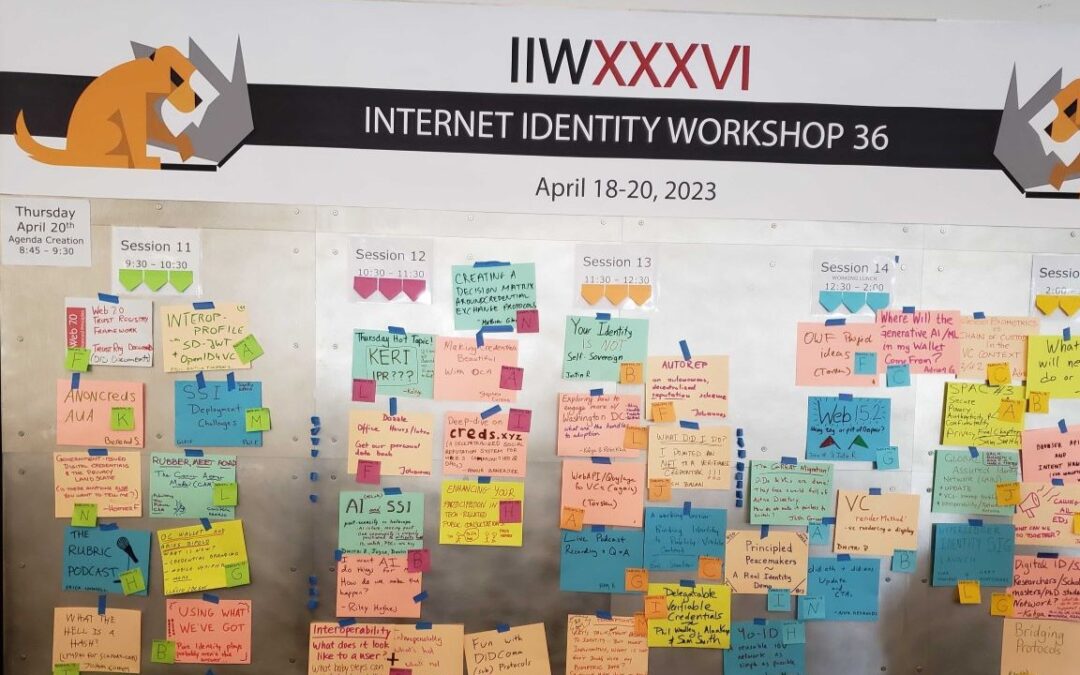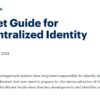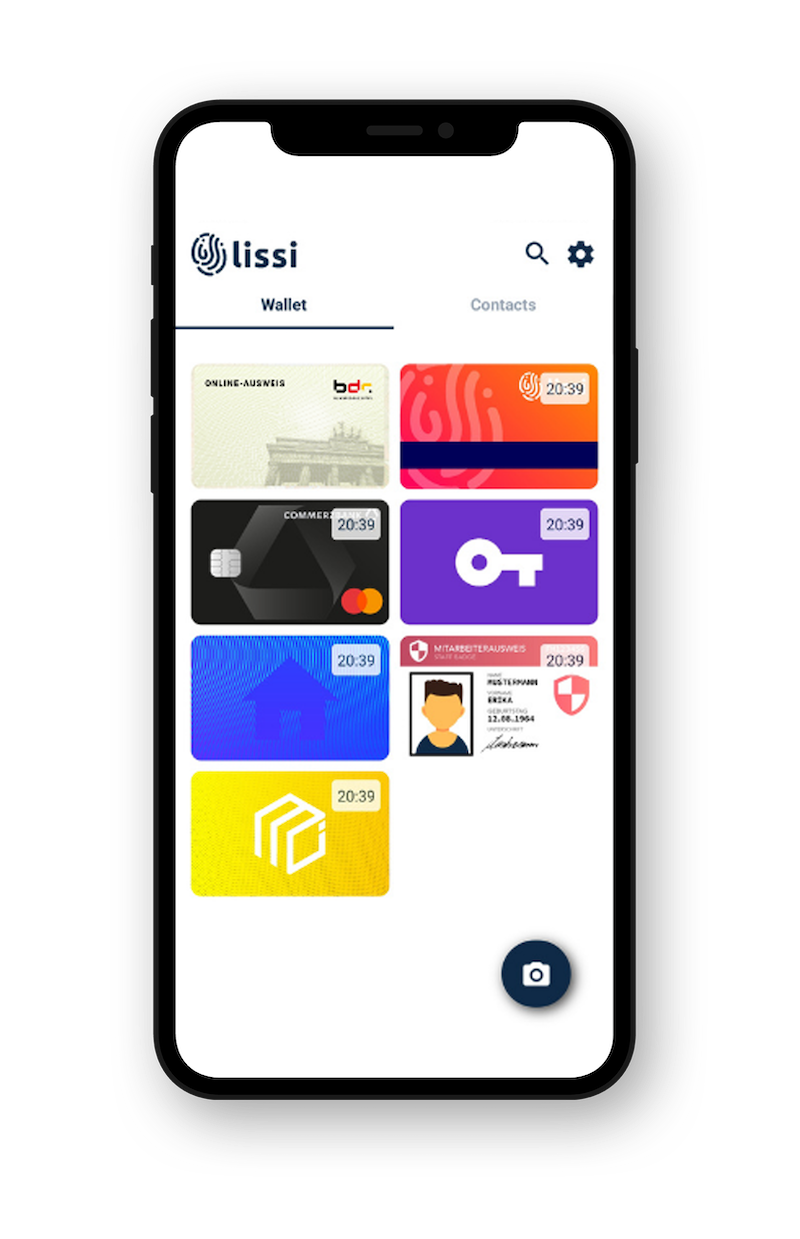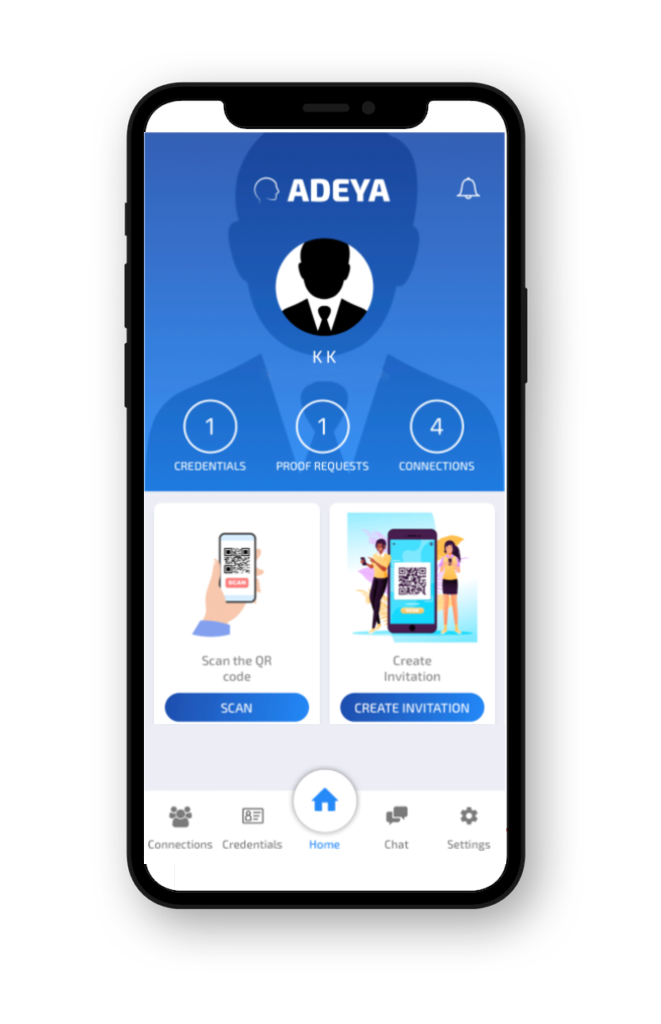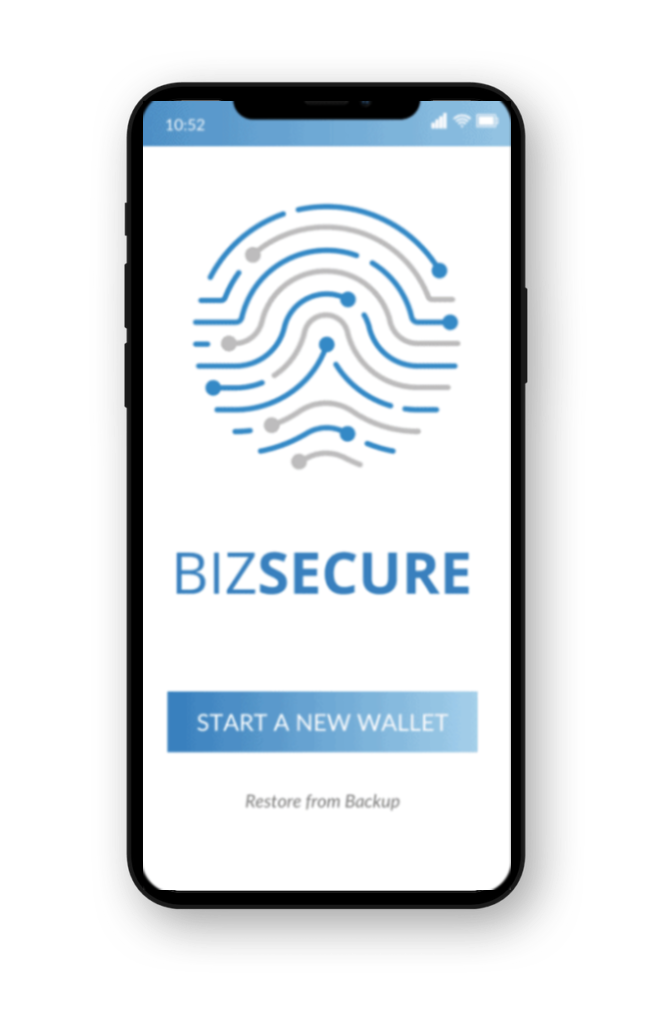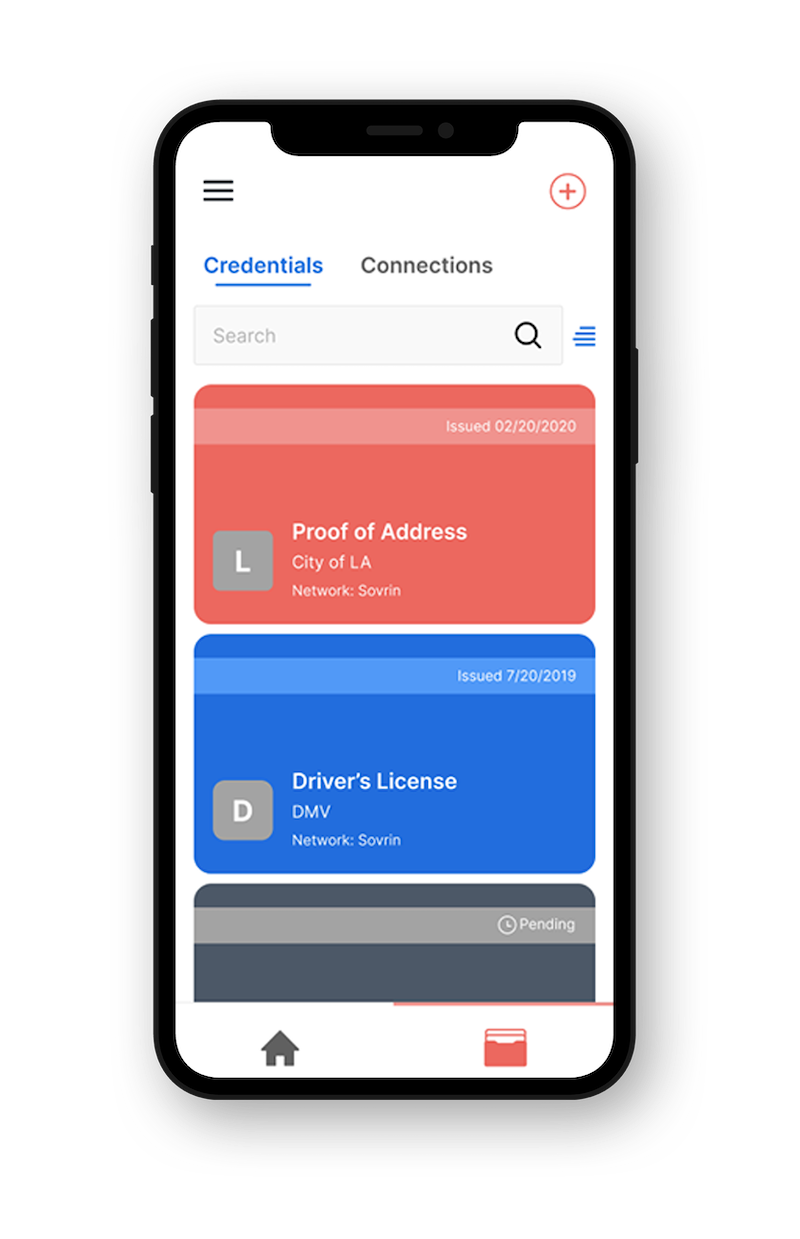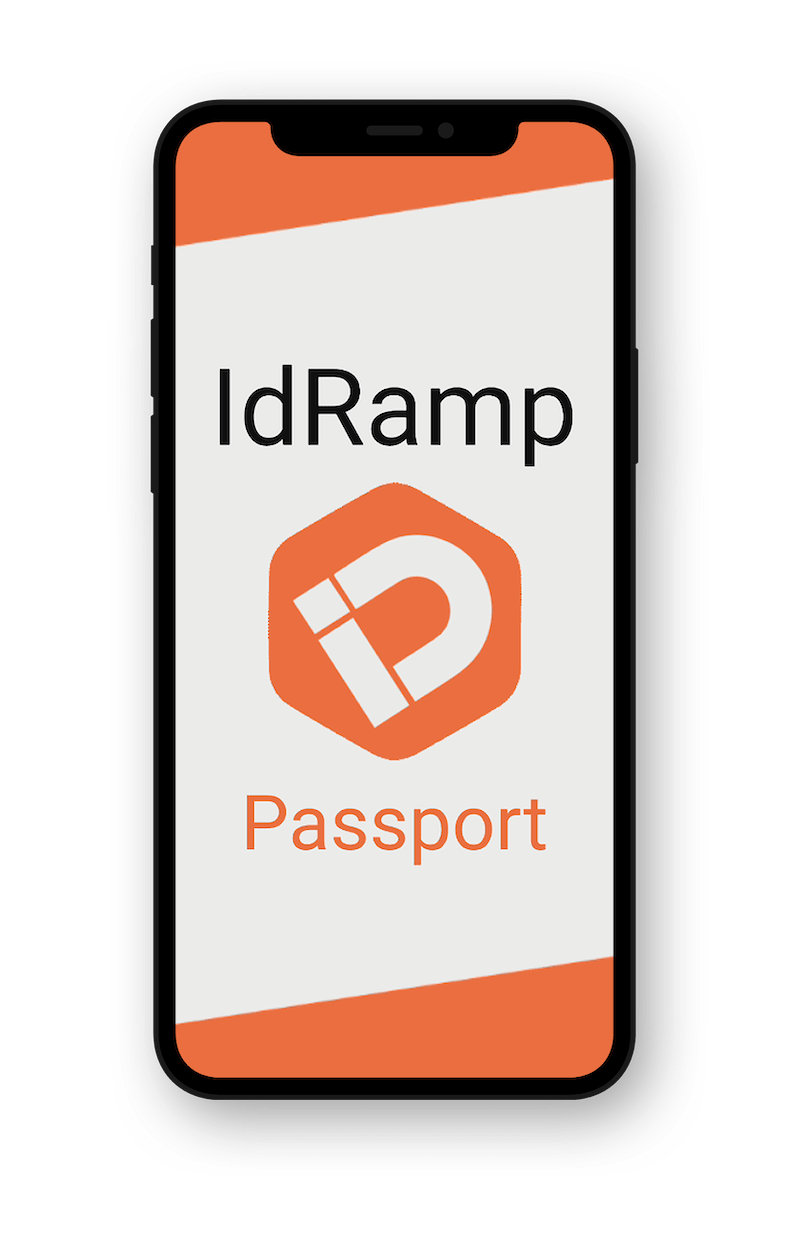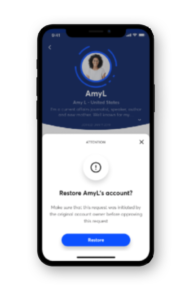The biannual Internet Identity Workshop (IIW) has a reputation for bringing the identity community together for passionate discussion. At the most recent meeting, held at the Computer History Museum in Mountain View, CA, AI, Governance, and use cases in the public sector took center stage. We offer you the Cliff notes.
By Char Howland & Mike Ebert
The biannual Internet Identity Workshop (IIW) holds a unique position in the identity scene as an “unconference,” meaning anyone is able to attend and lead sessions on topics that they would like to share their findings on or wish to learn more about. With a wide range of skill levels, from beginners to technical experts, it is a place for both collaborative learning and for brainstorming solutions to move identity projects toward completion. Here are our personal highlights from the unconference.
Government Interests
The US government has been taking notice of digital identity efforts and is currently working on specifications for solutions to be put into widespread use. To do this, it needs public feedback and IIW offers a prime spot to speak with people familiar with the space.
One session, humorously titled “What do you want to tell the government?” led to discussion as to how it should adapt to specifications that are already in place, and how it should decide on new specifications that need to be created.
We had an interesting conversation with the Department of Homeland Security (DHS) on how credentials could be a part of the government’s strategy for managing critical infrastructure, from which we offer two takeaways.
The government is sending people who know what they are talking about and who are extremely interested in implementing these kinds of solutions.
The community needs to be ready to answer these questions and be able to clearly explain both the technology and use cases.
Artificial Intelligence
With artificial intelligence (AI) in the news, it wasn’t a surprise to see several sessions at IIW, including one which we attended titled “How can we have digital trust in the age of ChatGPT?” The best answer is decentralized identity, but how exactly this will look is still open for discussion. Attendees were very excited about this topic and how AI will drive an even greater need for strong identity systems.
Indicio recently published a position paper that highlights how these two technologies can work together, and how decentralized identity will allow for greater uses of AI. You can read a more indepth look here (requires registration).
Trust as an Alignment of Expectations
Another interesting topic was that people trust systems differently based on their expectations of privacy online. Privacy has different meanings for everyone, including the choice of having privacy, how much control the user has, the right to be left alone, and freedom from intrusion
The presenters of this session found that, very often, a “privacy violation” was actually due to a misalignment of expectations. It was interesting to learn that certain trends appeared along generational lines, with older generations tending to assume that they have privacy in their internet interactions unless otherwise specified and younger generations tending to assume that their actions are public unless otherwise specified.
The takeaway was clear: When creating a system, it is important to clearly outline what is trusted, what is private, and what is not, to avoid misunderstandings and unhappy users.
National Institute for Standards and Technology (NIST)
The National Institute for Standards and Technology (NIST) recently put out its Digital Identity Guidelines, which aim to “present the process and technical requirements for meeting the digital identity management assurance levels specified in each volume.”
This document drove many conversations, and one in particular was the need for applicant representatives and trusted referees. What this means is that in a situation where a person needs translation, can’t access a computer, or is in some sort of crisis, there needs to be some way to digitally trust or vouch for that person. It is a requirement to consider and account for the ways in which disadvantaged populations can access the technology.
To learn more about the most recent IIW you can watch our daily wrap up series on YouTube.
If you’d like to attend the next conference the event details are currently available on the IIW website.

